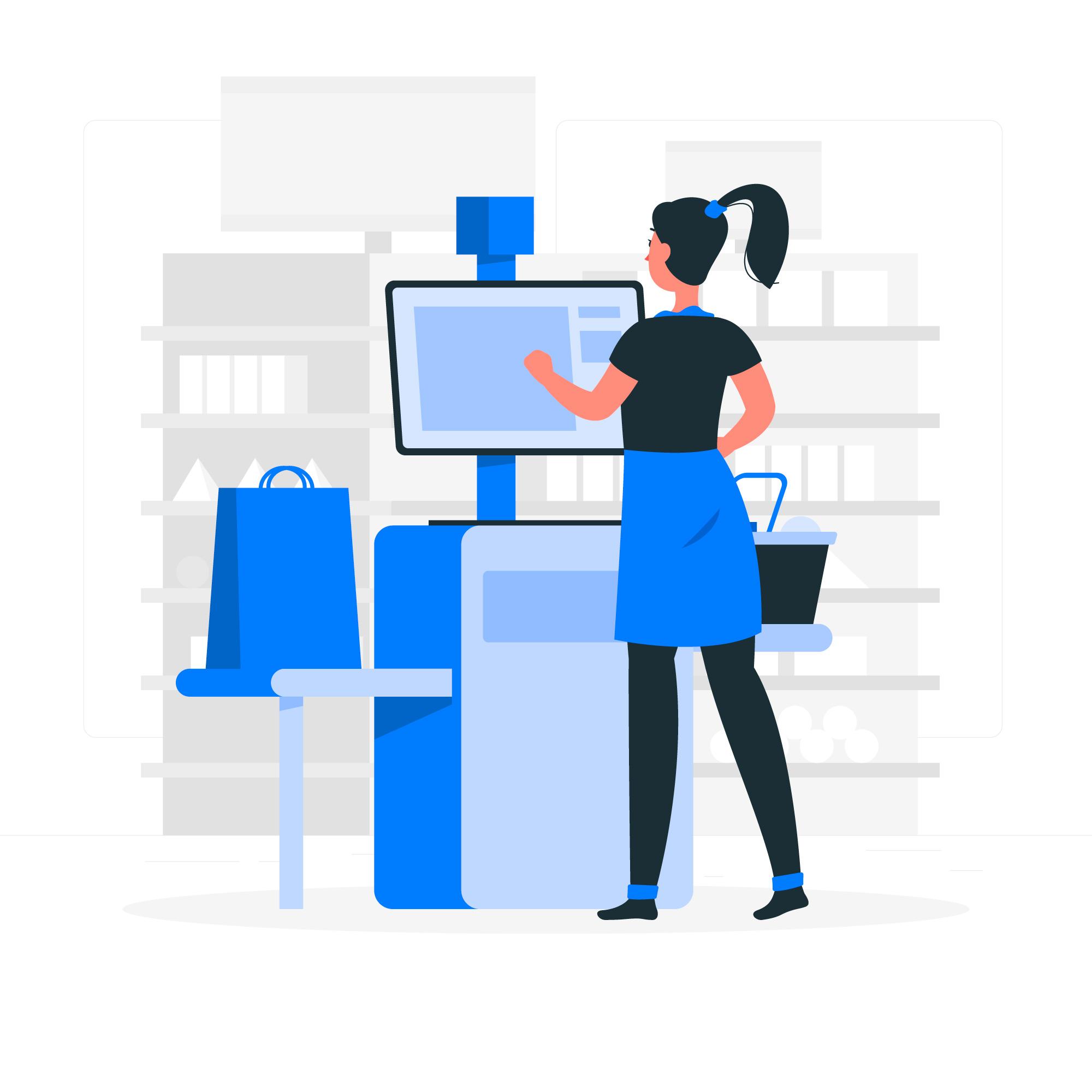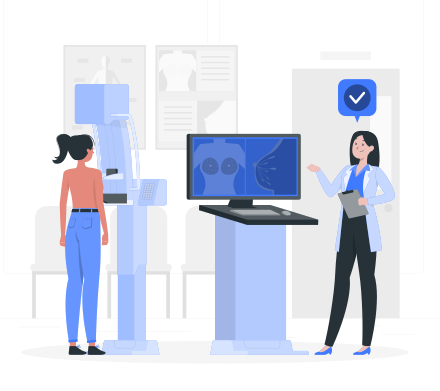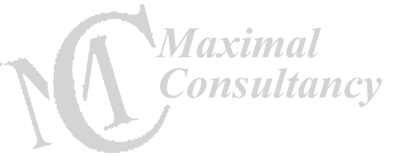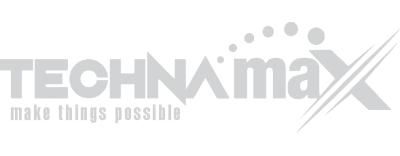Supply Chain Management
Optimize your operations with SCM! Enhance efficiency, reduce costs, and ensure timely delivery with a comprehensive, end-to-end supply chain management solution tailored for your business needs.

Key Features
1
Vendor Management
Say goodbye to scattered spreadsheets. Our vendor management provides a centralized platform where you can store all vendor-related information in one place, making it easy to access and manage. Monitor supplier performance to ensure timely deliveries, quantity consistency, and adherence to terms. Efficiently manage lead times and organize vendors by categorizing them based on product categories or services.
2
Reorder Point Optimization & Predictive Analysis
Set customized reorder points for each product based on historical data, consumption patterns, and lead times. Harness the power of advanced algorithms to predict future demand with precision. Our system analyzes historical sales data and other factors to generate accurate demand forecasts, allowing you to align inventory levels with anticipated demand and minimize excess inventory or shortage.
3
Optimizes the supply chain cycle
Our optimization solutions are designed to streamline every aspect of your supply chain, from requisition of raw material to delivering finished products. Efficiently manage demand by consolidating purchase requisitions from various departments or locations. Create purchase orders effortlessly with our intuitive interface. Tailor purchase order workflows to suit your business needs. Generating purchase orders has never been easier.
4
Multi-Location Support
Streamline your purchasing process with centralized management across all your retail locations or warehouses. Gain real-time visibility into stock levels at each location. Know exactly what products are available and where, enabling you to make informed purchasing decisions. Our solution facilitates efficient stock transfers, enabling you to balance inventory levels, and meet customer demand effectively.
5
ABC Analysis
ABC Analysis is a powerful feature designed to prioritize inventory by categorizing items into three classes: ‘A’, ‘B’, and ‘C’ based on their importance and value. Classes ‘A’, ‘B’, and ‘C’ represent 80%, 15%, and 5% of sales or quantity sold, requiring close monitoring, regular oversight, and normal oversight, respectively.
6
Purchase Price Variance Analysis
Purchase Price Variance (PPV) measures the price paid for the same product by different branches or the head office over time, providing insight into which supplier offers the most favorable prices. Orders can then be routed to that supplier, enabling cost savings. This enhances transparency and accountability, supports accurate financial forecasting, and drives continuous improvement.
7
Promotion and Discount Tracking
With our integrated system, you can now seamlessly apply discounts, FOC and promotions from your trusted suppliers directly during the purchasing process to optimize your procurement process and boost your bottom line. Say goodbye to the hassle of manually calculating discounts or missing out on savings, our platform does the work for you.
Retail:
- In retail, POS systems are the heart of daily operations. They handle transactions, track inventory, manage customer information, and generate sales reports.
- Retail POS systems often include features like barcode scanning, loyalty programs, and integrated payment processing to enhance customer experience and streamline operations.
Restaurants and Cafes:
- POS systems in the hospitality industry are tailored to manage orders, process payments, and coordinate between kitchen and front-of-house operations.
- Features may include table management, menu customization, split billing, and integration with kitchen display systems to ensure efficient service.


Healthcare:
- Healthcare POS systems are used for patient billing, appointment scheduling, and managing the inventory of medical supplies.
- These systems may integrate with electronic health records (EHR) to streamline administrative tasks and improve accuracy in billing and record-keeping.
Hospital and Healthcare Retail:
- In hospital settings, there are often retail spaces for selling products like over-the-counter medications, medical supplies, and snacks.
Automotive:
- Automotive shops use POS systems to manage parts inventory, schedule appointments, and process payments for services and products.
Some of the most frequently asked questions
The structure comprises hardware and software, which is designed to merge these 2 elements to match the money-exchanging needs.
It can be used for various purposes, but primarily, it is used to inform you about product transactions, inventory, and your daily sales.
POS systems are not limited to any industry; they can be used in every industry that deals in sales and daily transactions on monetary or credit bases.
Point Of Sales, POS are basically are systems with a combination of hardware and softwars.
The POS software is like the main control system for running your physical store and making sales in person.




